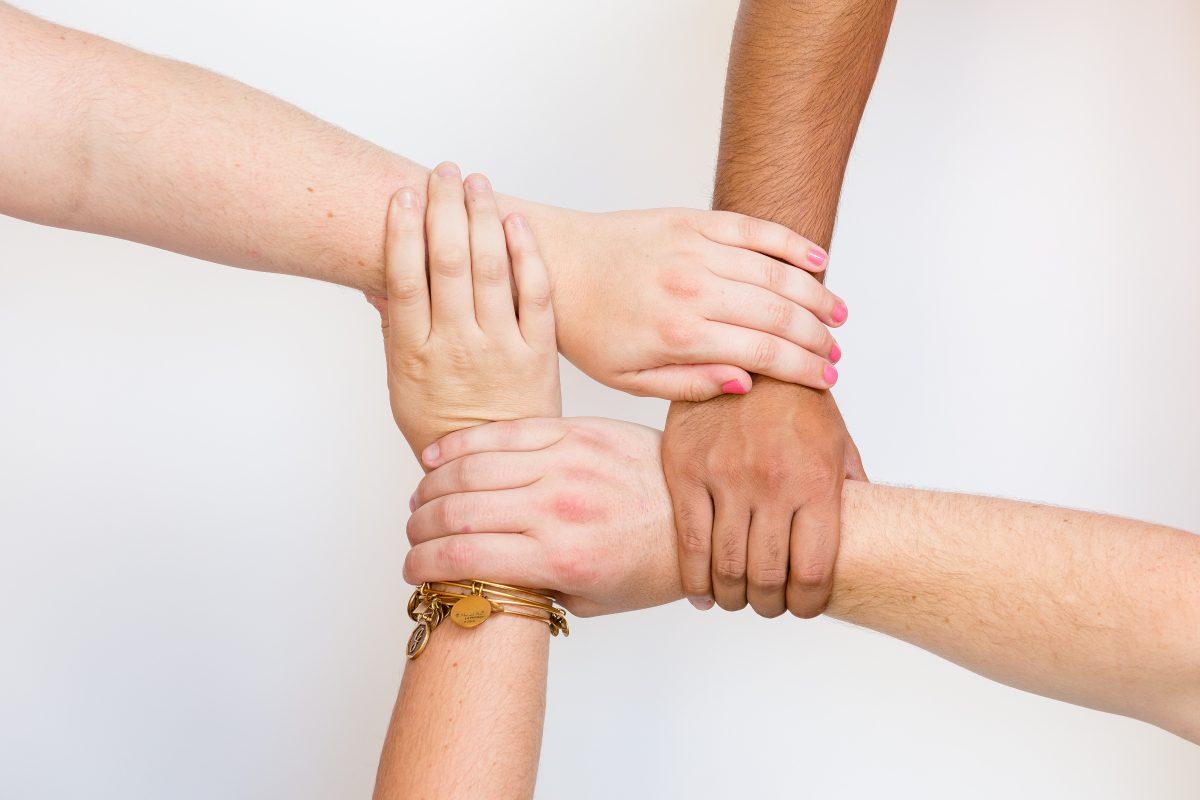Smartphone users are set to pass 2 billion worldwide in 2016, according to a 2014 eMarketer report. Currently, approximately 22 percent of the world’s population owns a smartphone.
In 1971 when the concept for smartphones was first thought of by Theodore Paraskevakos, the world was unaware of what such a device would bring. Through its evolution smartphones have increased our access to information, connected us in a way never seen before, provided fast, constant communication and documented billions of stories. A device capable of doing anything beyond what we could have ever imagined, the smartphone has affected every generation since its first iteration in 1993.
But with nearly every new piece of groundbreaking technology, a moral quandary is found.
Today, older generations often remark that smartphones have taken over the world. There is rarely a time when you can’t spot a passing individual on their Apple or Android product. To be without a smartphone is to almost be disconnected from society. You can’t quickly send a Tweet, post a Facebook status, take a selfie on Snapchat or share a photo on Instagram. You are unable to send a text or email at the press of a button. For some, life without a smartphone is akin to falling off the face of the Earth.
Which begs the question: have smart phones and their endless connectivity affected us as a society?
In an interview for an article with Forbes magazine, technology psychologist Larry Rosen said that whenever we choose our cellphones over vital needs like sleep, we are diminishing our brainpower, contributing to lowered IQs. In another study conducted by the Environmental Working Group, the dangers of radiation to the brain that occurs during use of our smartphones illustrated scientifically how they affect our mental health. Productivity and sleep can suffer from cell phone use when we are so easily distracted with the flash of a screen. While smartphones can serve as stress relievers, they also contribute to underlying illnesses such as anxiety and depression.
“Social interaction has changed a lot since we’ve been given this way [to] communicate,” said David Stevens, the associate director for the Hale Andrews Student Life Center. Stevens added that, though there are a lot of positives to smartphones, there are just as many negatives.
“It puts an end to arguments because you can fact-check so quickly,” Stevens pointed out. In that sense, people surrender their opposition and give up supporting their views. They don’t stand by their principles or beliefs. Though it is great to have unlimited access to knowledge, Stevens believes smartphones can discourage wisdom and passion.
Conversations in general suffer thanks to texting. We turn to our smartphones to hold intimate discussions, ones we should be having in person. And with that, a lot of context gets lost in translation between the sender and the receiver. People interpret these messages as they please, which leads to miscommunication and misunderstandings, often causing problems.
“We can control what we say better,” said Dr. Kelly Martin, an assistant professor for Communication majors. However, she argued that smartphones still make us poor communicators. “We expect less.”
The use of the device also brings questions of safety and productivity into play. For example, we use our smartphones while we study or even work out at the gym. We don’t consider the consequences of performing everyday tasks while also multitasking with our phones.
People have had numerous vehicular accidents due to the fact that either the victim or the driver were using their smartphones.
According to statistics collected by the Huffington Post, one in four car accidents involve a cellphone. The study also found that at least nine people are killed every day in a car accident in which the driver was distracted while using their cellphone or texting.
Stevens said that as Americans transitioned from the use of house phones to cellphones, people started to make exceptions for what is okay to do. An example is the use of their smartphone during work.
“Students always want to be plugged in. I think, value-wise, it has become more of a ‘this is acceptable at my job’ as opposed to ‘when I’m here I’m working and that’s what I’m getting paid to do,'” Stevens said.
Whether in class or at work, their phones aren’t too far out of reach.
Friedrich Griessel, a second year Biology major, offered his opinion on our attachment to social media thanks to our phones.
“Some people post exactly what they are doing at the moment, which has no further relevance after it is posted,” said Griessel.
Updates become more like narratives of people’s lives. The value and use of social sites like Facebook and Twitter may become less relevant as people use them more frivolously .
“I do believe social media is great for networking and keeping in touch with your friends, but to use it to communicate with your friends while you are in the same room with them is just a bit too much,” said Griessel. “Social media should be used as a way to keep in touch and share your experiences or something that you found particularly interesting and relevant. Just posting quick greetings and inanities is not interesting at all.”
Do you have a view on the millennial generation and smartphone use? Share it with us by sending it to rpteic@rit.edu.






